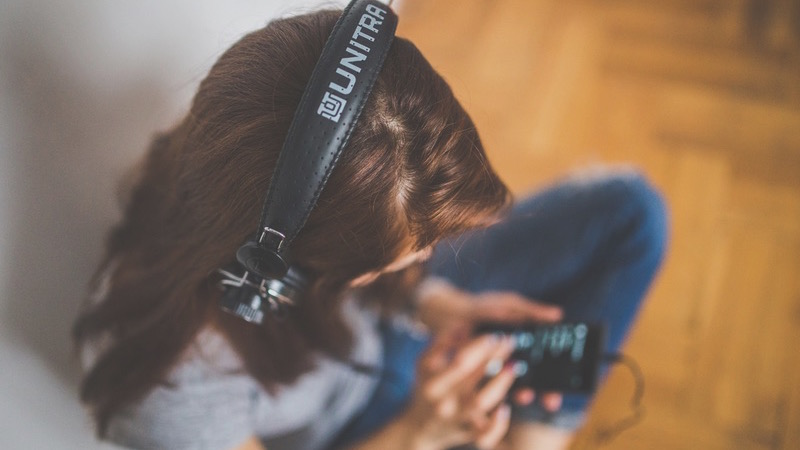Improve Listening Comprehension
Episode #8 of the course How to learn a foreign language by WordBrewery
Today, we will focus on listening skills. They can be difficult to practice because a lot is expected of you when listening. You must be able to understand everything immediately and, when in conversation, you must reply lucidly. Not being able to differentiate words or comprehend meaning is frustrating, especially if you can speak, read, and write without significant issues.
Luckily, there are quite a few methods to practice listening:
• Dictation. Dictation is the act of writing something down as you hear it. There are multiple benefits. A study by Marilyn C. Fisher shows that after an exercise, students were able to better differentiate between words, and they improved their pronunciation and spelling. Any learner at any level can use dictation.
You can use both films and audio for dictation. Have a transcription handy for self-correction. Test yourself by limiting how many times you listen to the audio. If you are a beginner, start small. Listen to 30 seconds or 1 minute segments, and then work your way up to longer recordings.
• Repeat what you hear. When watching films or listening to music, repeat what the speaker says. You will not only improve your pronunciation but also develop an intuition for the language. Try stopping the audio after every sentence and repeating it. Say the words out loud multiple times until you feel you’ve mastered them. Then continue.
• Summarize. After a few minutes of audio, pause the program and try to summarize what you’ve just heard. Be as specific as possible. Then try to state your opinion on the matter.
As you advance and this practice becomes easier, you should begin to summarize the audio as it plays. You will train yourself to quickly recall information and personalize it.
Tips
When you practice the listening skill, it is vital to have a transcript for self-correction purposes. You may not know all the words in a recording, and transcripts are useful for checking yourself.
It is also important to hone your active listening skills. Make sure there are no other distractions or noise. Concentrate only on what is being said.
Before dictating or summarizing, listen to the audio clip once in its entirety so you can get the gist of the content. Start writing or summarizing during the second repetition.
Recommended general listening resources
Keep in mind that YouTube videos, news clips, and films can all be used for listening practice, assuming that they include a summary or a transcript of the material.
So far we have covered language basics and specific methods for language learning. Tomorrow we will discuss why and how you should self-evaluate your ever-growing language skills.
Share with friends

